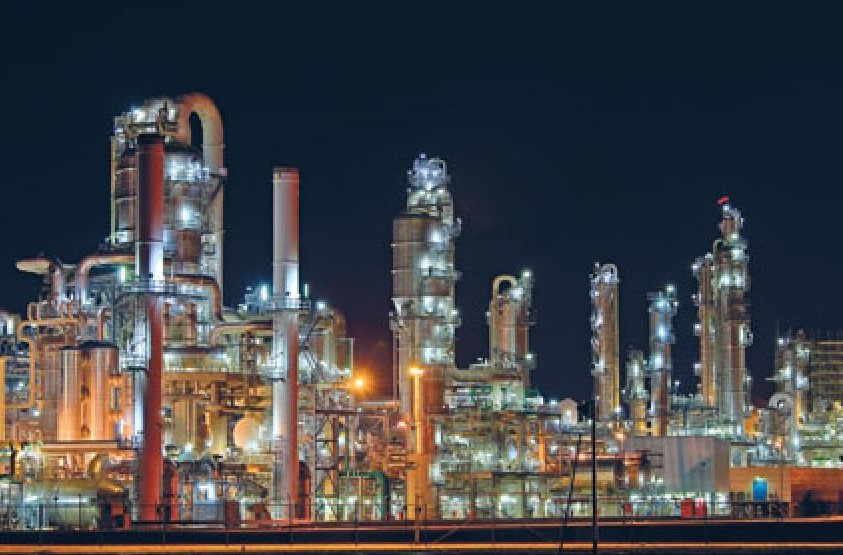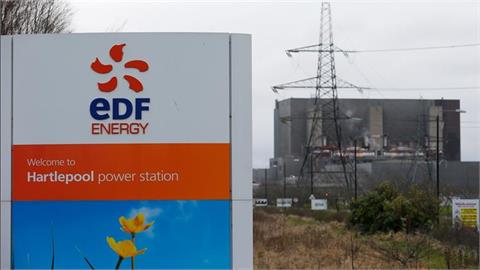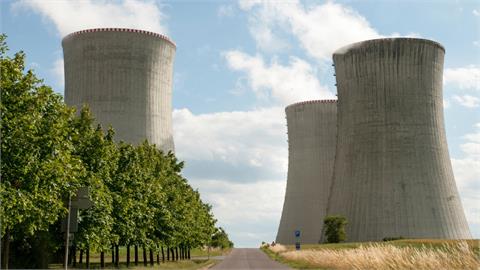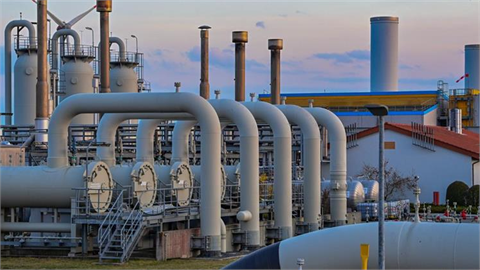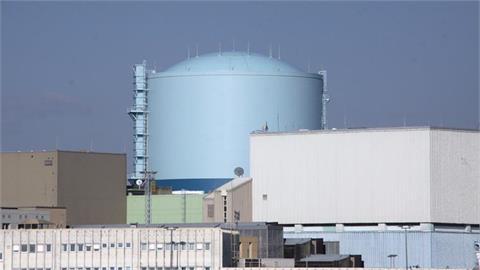by Rhys Talbot* Reductions in energy intensity — energy use per unit of GDP generated — slowed in 2023 to 1.3pc from 2pc the year before, the IEA said today. The outlook is positive, but governments must take "substantial and concerted" action to reach a goal of 4pc/yr falls in energy intensity to 2030, it added
The target of a 4pc/yr drop in energy intensity is supported by president-delegate of the UN Cop 28 climate summit, Sultan al-Jaber. Sustained decreases in energy intensity are one of the agency's "five pillars", goals that the IEA says must be agreed upon if the upcoming Cop 28 — due to start tomorrow in Dubai — is to be a success.
The energy crisis in 2022 spurred a renewed focus on energy efficiency among policy makers, and the IEA believes that "we are on an upward trajectory". But new policies do not always create instant impacts, and the agency estimates that energy intensity improvements will have slowed in 2023.
The slower progress in 2023 has been driven by sharp regional differences, the IEA said. Energy intensity in the EU has fallen by almost 5pc in the year, and by 4pc in the US. But there has been no overall fall in energy intensity in China this year. The IEA said governments brought in many regulations in the year that should increase energy efficiency, but these regulations will take time to take effect, as new, more efficient equipment comes to make up a higher percentage of total stock. And consumer choices for more travel and larger homes can increase energy intensity, even as energy consumption per kilometre travelled or unit area of living space falls.
The fall in energy intensity in Europe was partly the result of a decline in output in energy-intensive industries. A mild 2022-23 winter contributed to reduced heating demand, although some demand reduction may have come at the expense of lower levels of comfort, as well as improvements in energy efficiency, the IEA said.
Energy use in China has risen roughly in line with GDP growth this year. A rebound in aviation following the Covid-19 pandemic and an expansion of the petrochemicals sector has boosted energy demand in the country in 2023.
Sectoral breakdown
Only two sub-sectors that will contribute to improvements in energy efficiency — electric lighting and vehicles — are "on track" to deliver the required emissions reductions to reach net zero greenhouse gas emissions by 2050, the IEA said, while most other forms of energy use are either slightly or significantly off track.
Energy intensity of buildings could drop significantly in the coming years, as heating shifts from fossil fuels to more efficient heat pumps. But cooling demand is showing the fastest consumption growth in final energy demand in the building sector. Higher incomes are allowing households in emerging and developing countries to meet previously unmet cooling needs, while rising global temperatures exacerbate the increased demand for cooling, the IEA said.
Final energy demand in the transport sector has rebounded strongly after a dip in 2020 because of the Covid-19 pandemic. The IEA sees hydrocarbon fuel demand plateauing in the coming years because of a shift to electric vehicles (EVs), with spending on EVs accounting for more than $100bn in investments in energy efficiency in 2023. But at the same time, a trend towards heavier vehicles has placed upward pressure on oil demand. Larger sport utility vehicles (SUVs) made up 46pc of global vehicle sales in 2022, up from 16pc in 2010.
*Senior Reporter - Argus Media
(argusmedia.com, 29 November, 2023)
